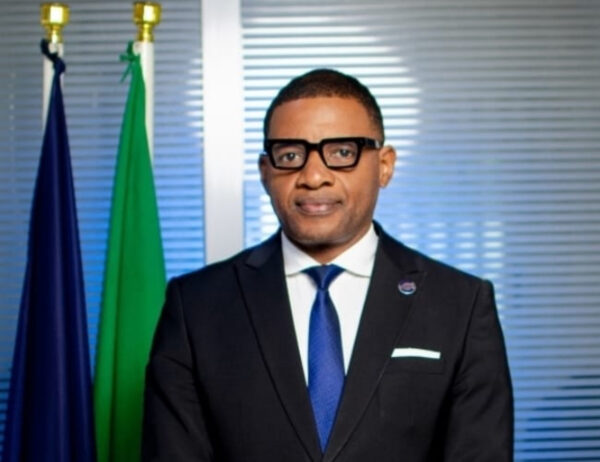In an Africa where economic stakes have become grounds for subtle but formidable confrontations, Cameroon is evolving its strategic priorities. From June 30 to July 6, 2025, the General Directorate of External Research (DGRE) organized a high-level training dedicated to augmented economic intelligence. For this session deemed “strategic,” it called upon Dr. Guy Gweth, one of the most renowned experts on the continent in intelligence and economic warfare, to train 50 Intelligence professionals.
A discreet but assertive rise in power
In influential circles, few doubt today that economic warfare is the most pernicious form of modern conflict: informational influence, asset predation, industrial espionage, market manipulation, control of critical resources… African states are becoming targets – sometimes proxies – in power dynamics that do not reveal their true nature.
Cameroon, like other nations, faces the pressure of geo-economic competitions and has decided not to settle for a defensive posture. The DGRE, the external armed branch of Cameroonian intelligence, is now equipping itself with the necessary skills to anticipate, detect, and neutralize these invisible threats.
The CAVIE, technical partner of the DGRE
The training, led by the President of the African Center for Monitoring and Economic Intelligence (CAVIE) himself, was structured around several strategic modules. This approach is part of a larger capacity-building program for African public and private actors led by CAVIE for the past 10 years. During this decade, the Center has established itself as a key player in informational sovereignty on the continent, with partners ranging from the Togolese Presidency to the Chamber of Commerce of Burkina Faso, as well as strategic firms such as the Autonomous Port of Douala or the SABC group.
A central figure in African economic intelligence
Behind this rise in power, one name stands out: Dr. Guy Gweth. A member of the House of Public Affairs at PSL, founder of the Knowdys Consulting Group, head of the Doing Business in Africa program at CentraleSupélec and EMLyon, he is one of the architects of strategic thinking in Africa. Co-director of the collective work “Economic Intelligence in Africa,” Professor Christian Abolo Mbita, representing the Ministry of Planning and Regional Development (MINEPAT), expressed his pleasure at being in close proximity to Dr. Guy Gweth, “one of the pioneers of the discipline in Africa who shines internationally” and has been advising governments, companies, and institutions on due diligence, economic diplomacy, geoeconomics, counter-influence, and strategic intelligence for over a decade.
Towards a National Center for Economic and Strategic Intelligence (CNIES)
The selection of Dr. Gweth by the DGRE is not insignificant: it reflects a clear political will to equip itself with offensive means of action in the global economic arena. It also reflects Africa’s trust in Africa. At the opening, during the proceedings, and at the closing, the Director General of the DGRE emphasized that Dr. Guy Gweth is a “sure value of Cameroon (…) a prophet in his own land.” He continued by reminding Dr. Gweth how much the State of Cameroon relies on his expertise and the technical support of CAVIE Cameroon for the imminent creation and success of the National Center for Economic and Strategic Intelligence (CNIES) in the country. “We also hope,” he declared, “that CAVIE will support us in the progressive structuring of the CNIES, by sharing its experience of the best continental and international practices.”
An African-style sovereignty in the making
In a world where access to information is as valuable as access to raw materials, economic intelligence becomes a lever of power. The Cameroonian case is emblematic of a turning point taken by several African countries: that of a strategic awakening in the face of global economic warfare. The challenge remains immense, but the signal is strong: Cameroon no longer wants to be the stage for invisible influences, it intends to have an impact.


